Level Up Your
Influencer Marketing
with Thousands of Nano & Micro Influencers
Power your growth with a global AI-driven influencer engine built for hyper-local reach.

























































WHY CHOOSE KATHA ADS?
Maximize your Impact with
Minimal Effort
You focus on the vision. We handle the execution.
Hands-free campaign management
We handle everything from briefing influencers and managing timelines to verifying content and making sure posts go live on time, delivering a smooth campaign experience.
Authentic, engaged followers
We work with nano and micro influencers who have real, highly engaged audiences. No fake followers, just authentic connections that build trust and deliver real results.
Real-time performance tracking
Monitor your campaign's success in real-time with simplified reports that show you detailed engagement metrics, audience insights, and clear results.
Demand-based influencer selection
We match your campaign with the perfect nano & micro influencers using data-driven insights, so you get the most relevant and effective partnerships, every time.
HOW IT WORKS?
Effortless Campaigns,
5x Results
AI-Powered Nano Influencer Marketing at Scale
Upload your Campaign brief
Quickly upload your campaign goals and preferences. Our simple interface makes setup fast and hassle-free.
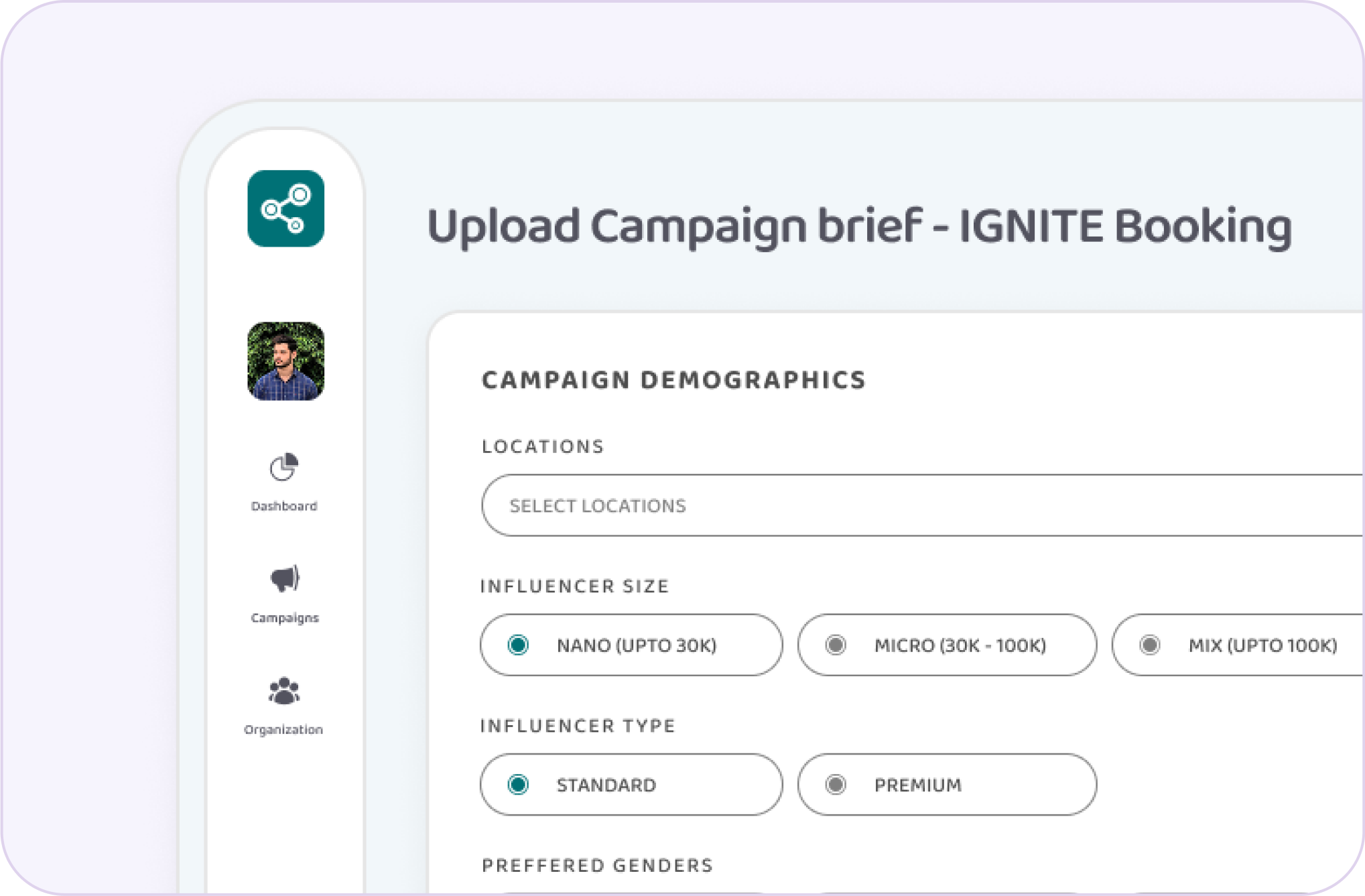
Find your perfect nano & micro influencers
AI scans thousands of profiles to match you with the most relevant creators—no manual browsing required.
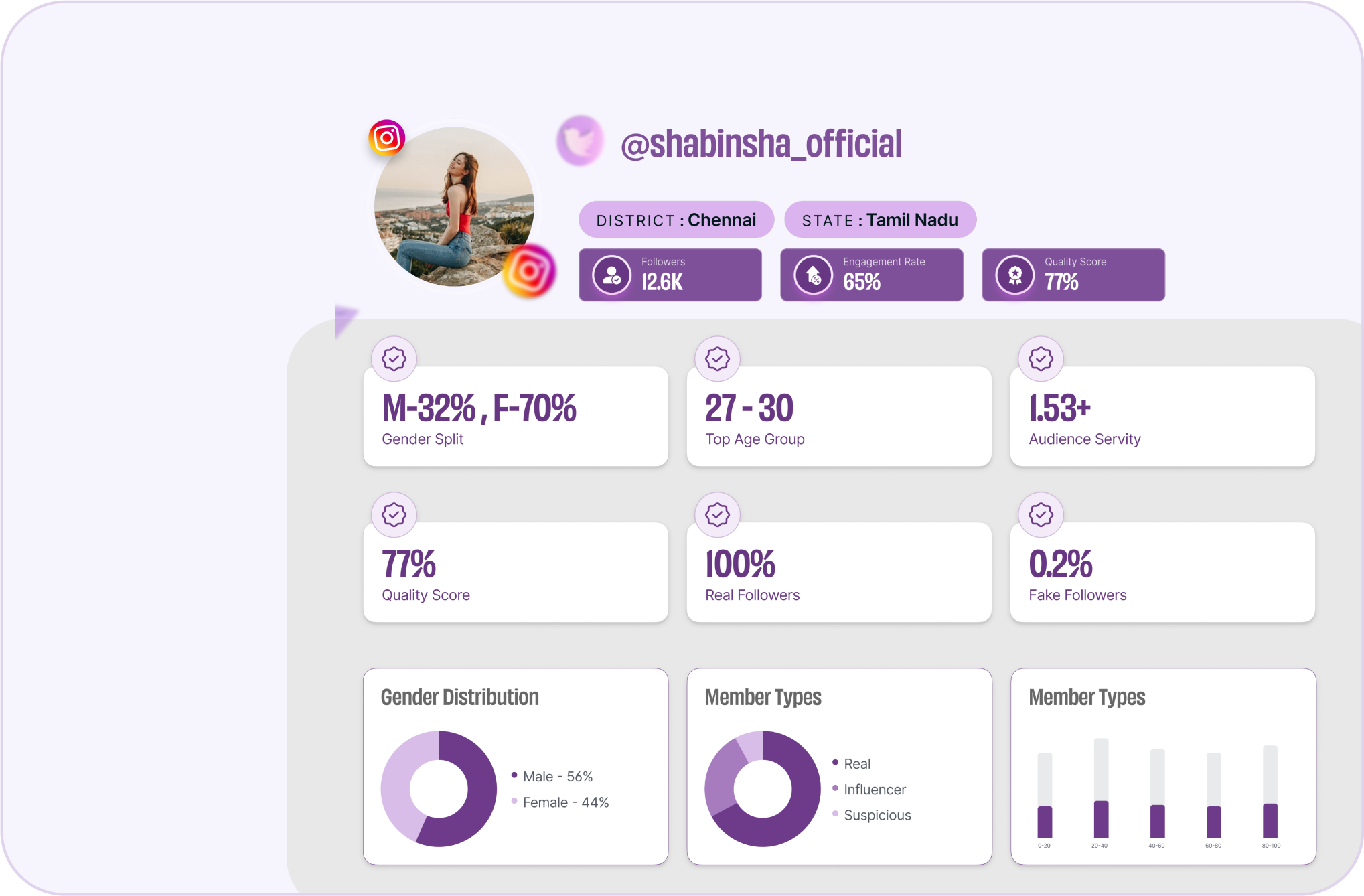
AI-verified content, ready to go
Campaign prompts are sent directly to influencers. Our AI checks every post for brand safety and compliance before it goes live.
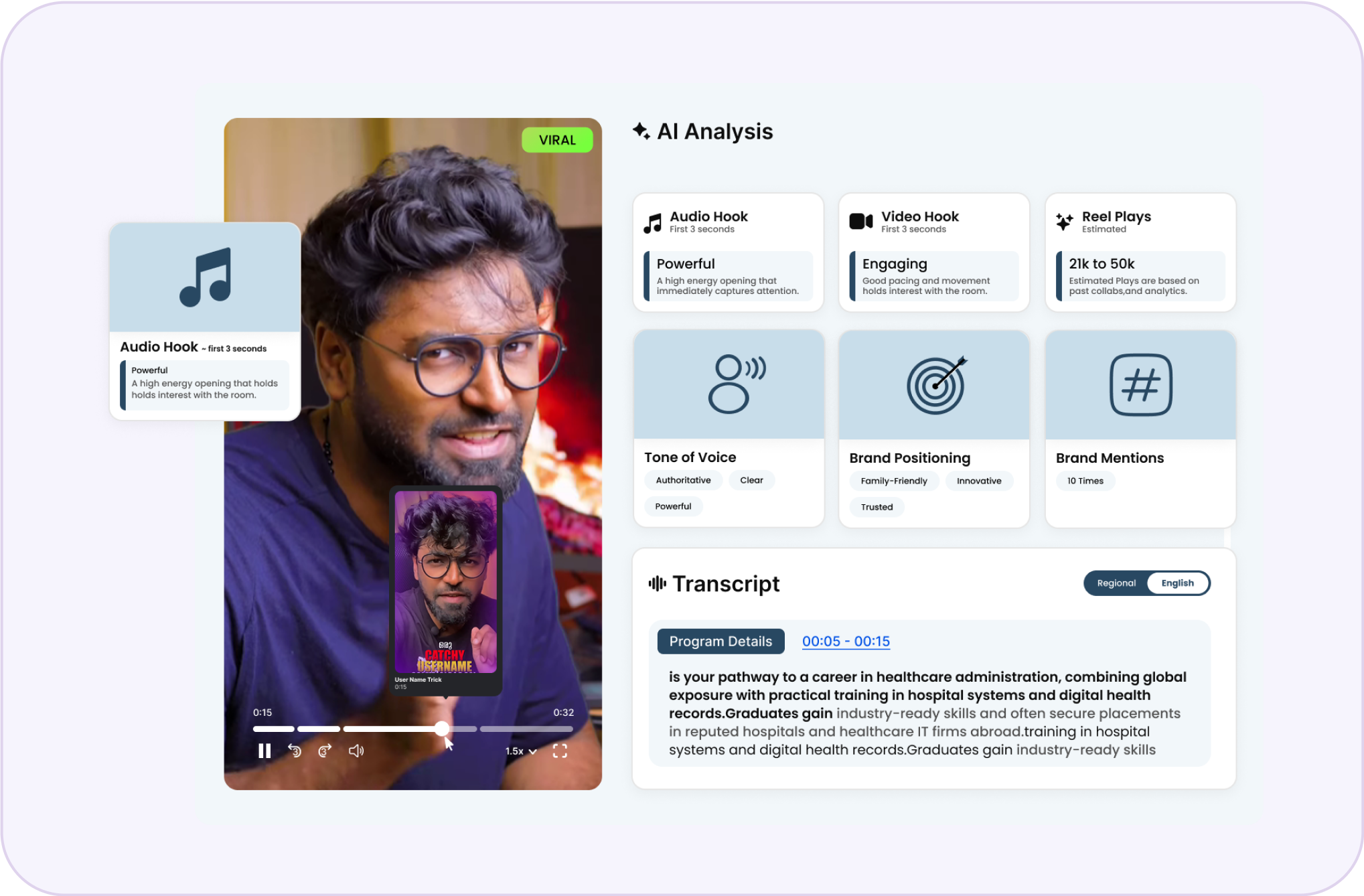
Real-time tracking, smarter decisions
Monitor engagement, likes, comments and reach all in one dynamic, always-updated dashboard.
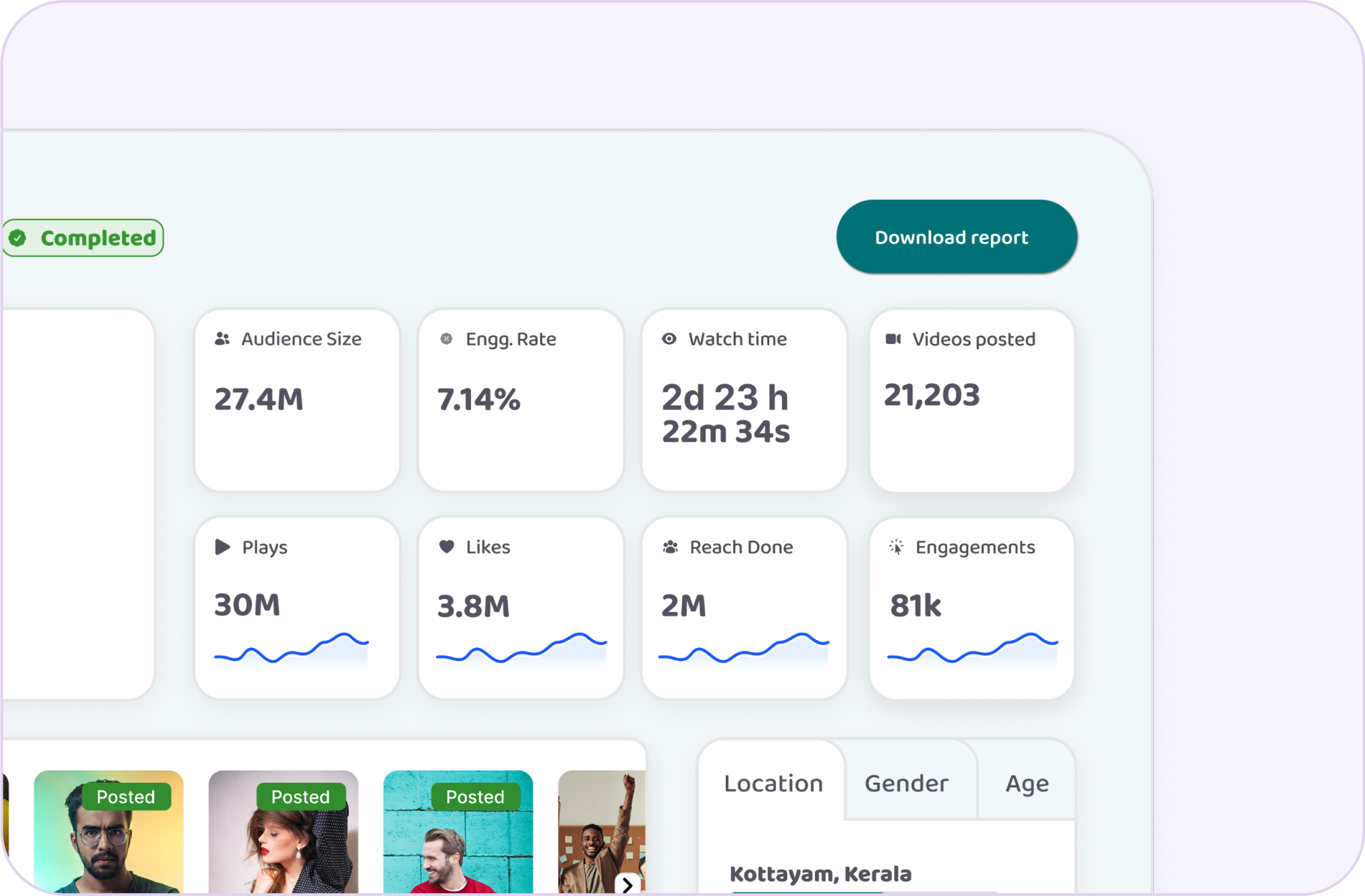
TESTIMONIALS
What Our Clients are
saying


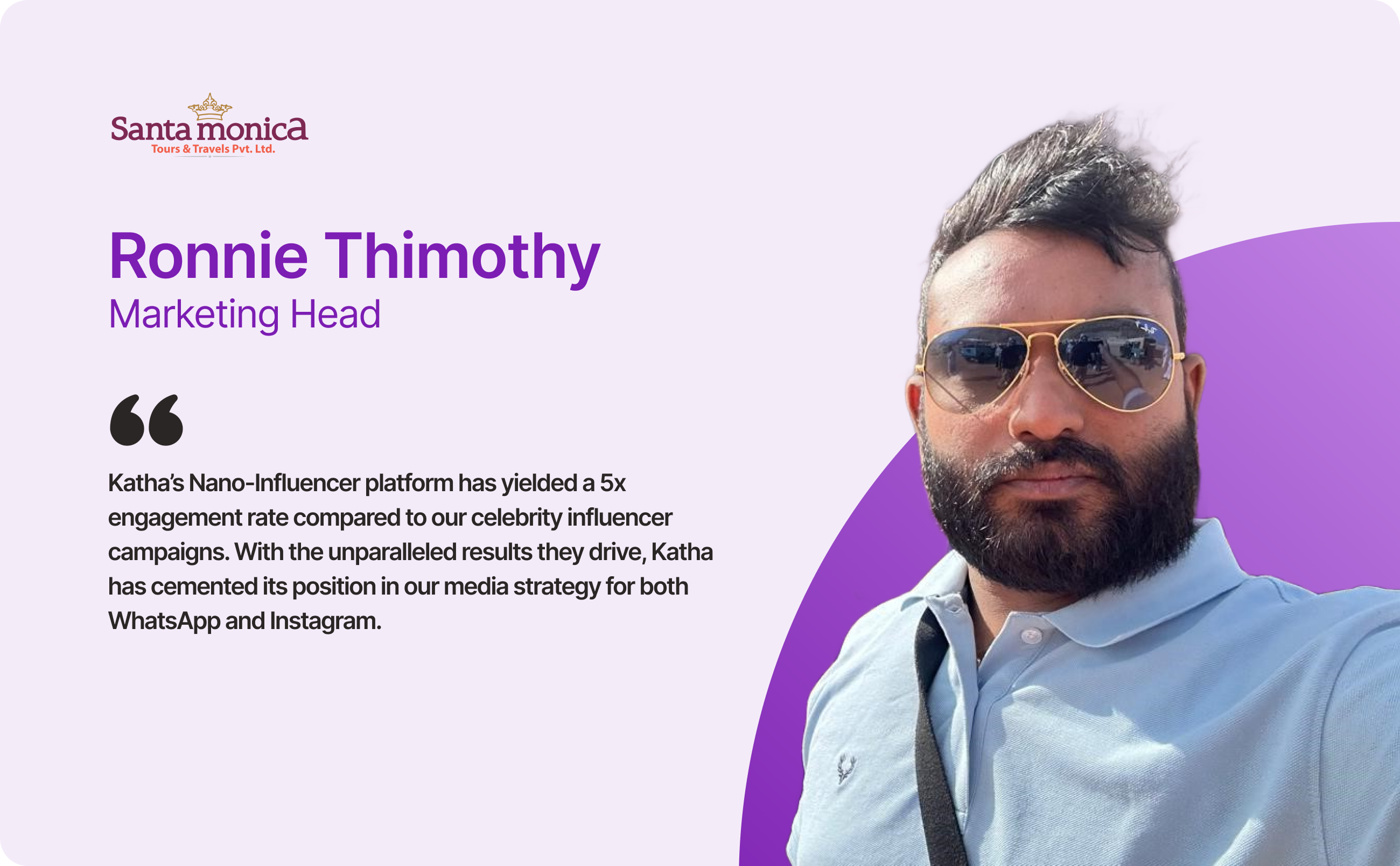

















SUCCESS STORIES
See our impact in Action
Top Brands Are Already Using Katha’s Nano & Micro Influencer Platform.

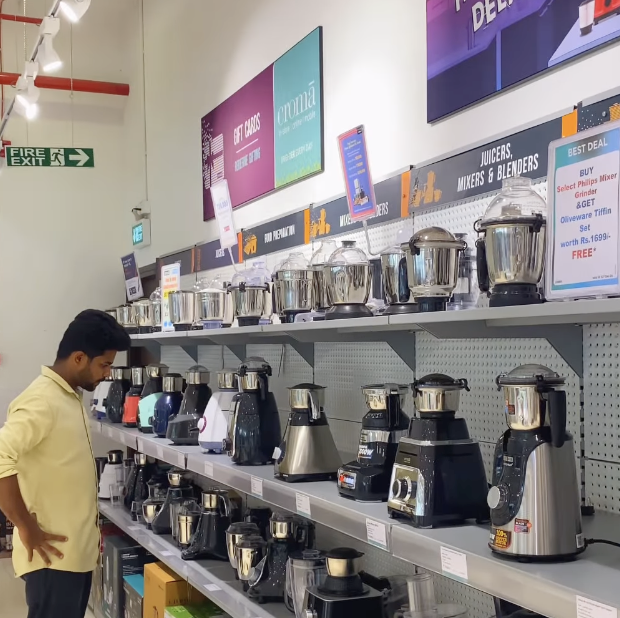






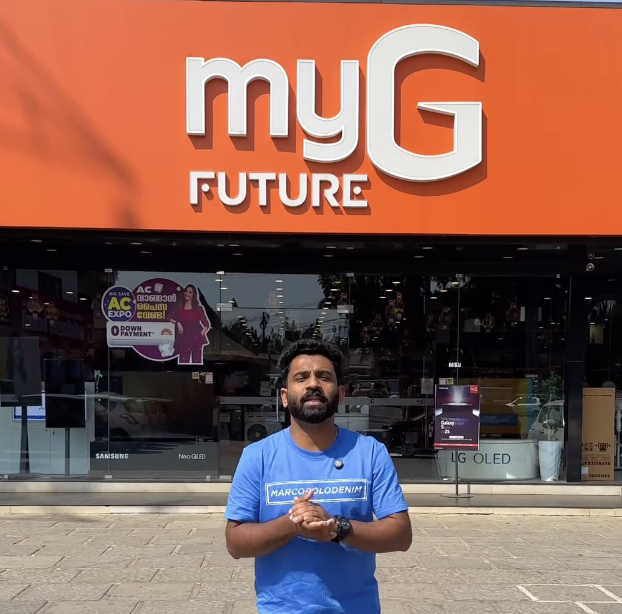


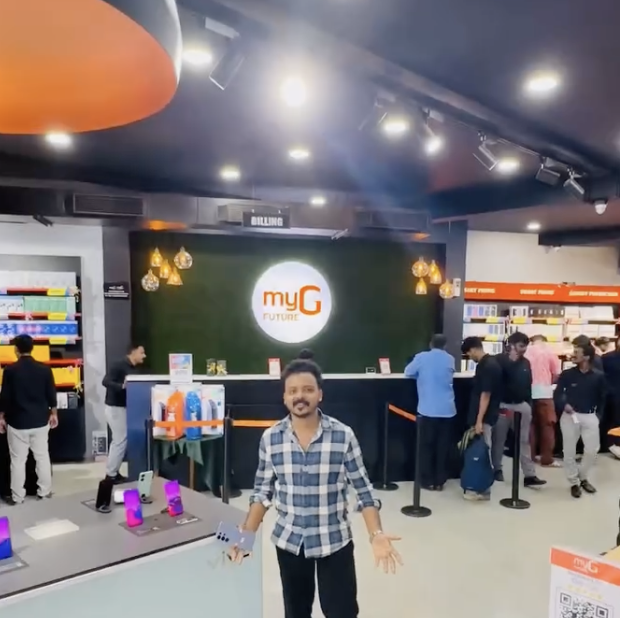

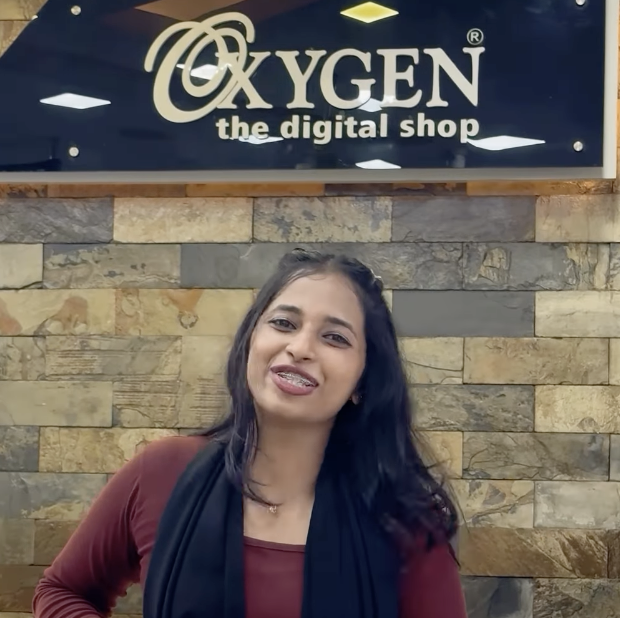

















Big things start small.
Ignite your journey with Katha
Join the top brands using Katha to reach real audiences and drive authentic engagement.
Contact us today